Optimal Timing for Storm Restorations
Storm restorations are most effective when performed during specific times of the year to ensure optimal results and durability. The timing depends on regional weather patterns, storm frequency, and seasonal conditions that influence repair quality and safety.
This period often sees increased storm activity, making it a common time for storm restorations to address damages from winter storms and prepare for the storm season.
Completing restorations before the peak of storm season can mitigate future damage and ensure structures are resilient during storms.
Immediate restoration after a storm minimizes secondary damages and prevents further deterioration of affected structures.
Performing restorations during less active storm months allows for better scheduling, resource availability, and potentially lower costs.
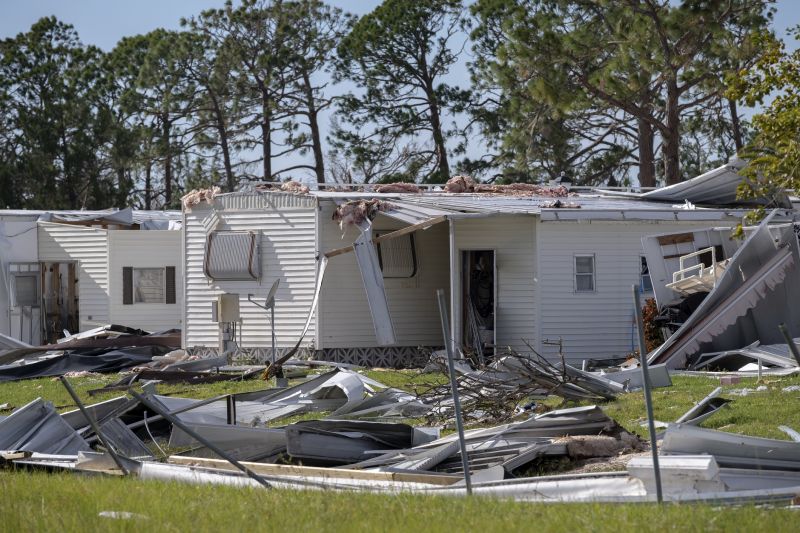
Initial evaluation of storm damage is crucial for planning effective restoration strategies.
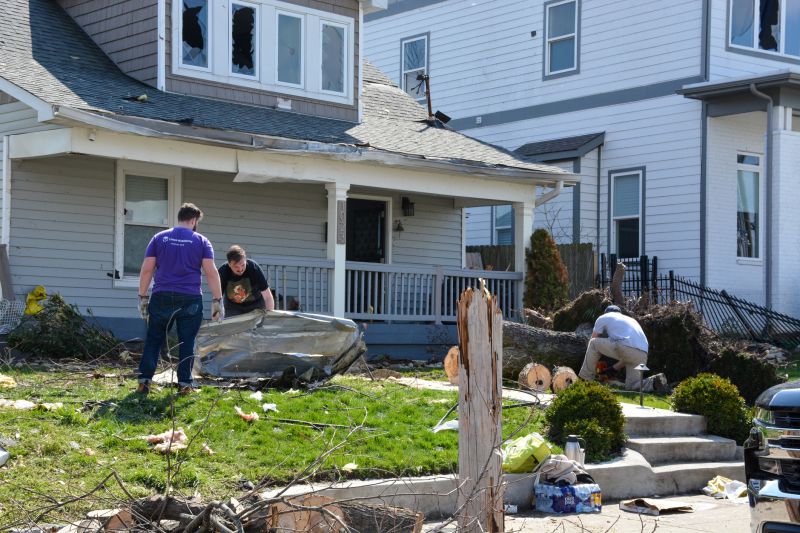
Workers repairing roofs and siding after a storm event.
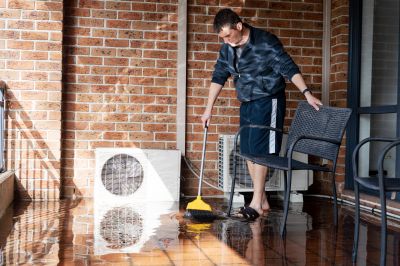
Finished repairs restoring property resilience.

Ways to make Storm Restorations work in tight or awkward layouts.
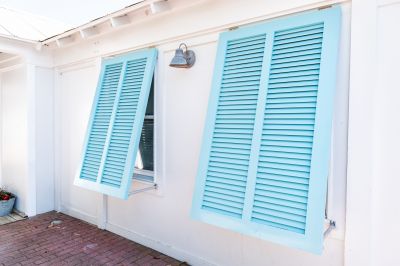
Popular materials for Storm Restorations and why they hold up over time.
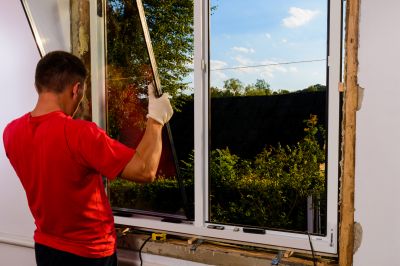
Simple add-ons that improve Storm Restorations without blowing the budget.
| Season | Optimal Restoration Periods |
|---|---|
| Spring | Early spring for storm preparedness and damage repair |
| Summer | Late summer for pre-storm season readiness |
| Fall | Early fall before peak storm activity |
| Winter | Limited window for certain repairs, weather-dependent |
| Post-Storm | Immediately after storm events for damage mitigation |
Storm restorations involve repairing and restoring structures damaged by severe weather conditions. These efforts include roof repairs, siding replacement, window sealing, and structural reinforcement. Proper timing ensures that restorations are completed effectively, preventing further damage and maintaining the integrity of the property.
Statistics indicate that performing restorations during optimal weather conditions reduces project delays by up to 30%. Additionally, timely repairs can significantly decrease long-term repair costs and improve the resilience of buildings against future storms.
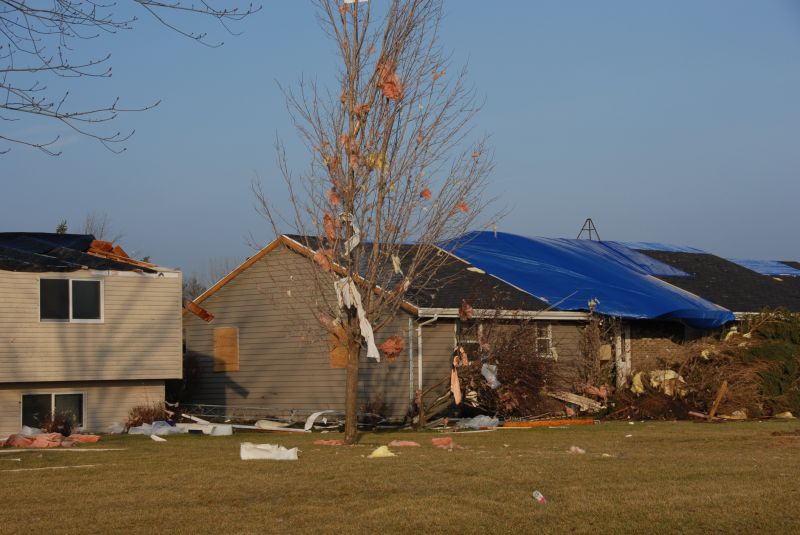
Assessing storm-related damages for effective restoration planning.
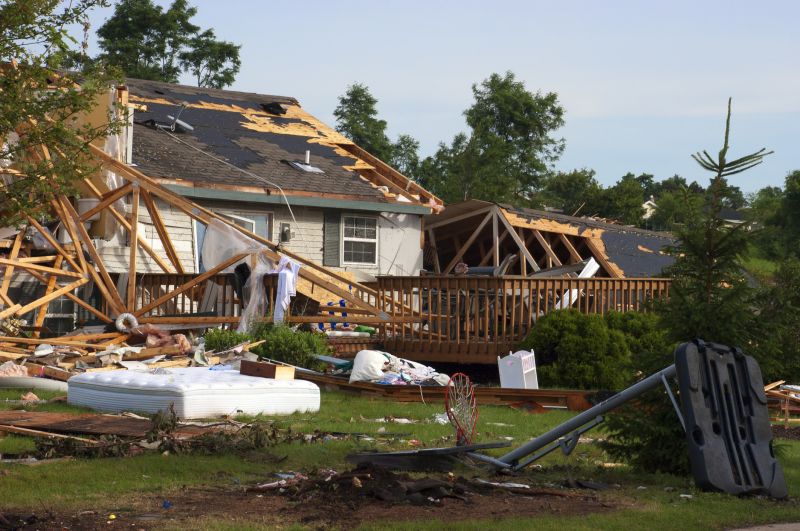
Restoring roofs damaged by wind and hail.
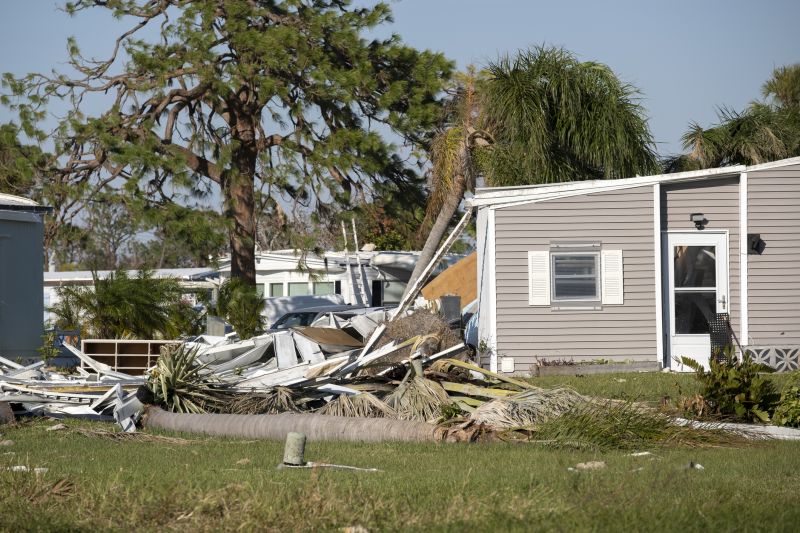
Replacing damaged siding to protect against future storms.
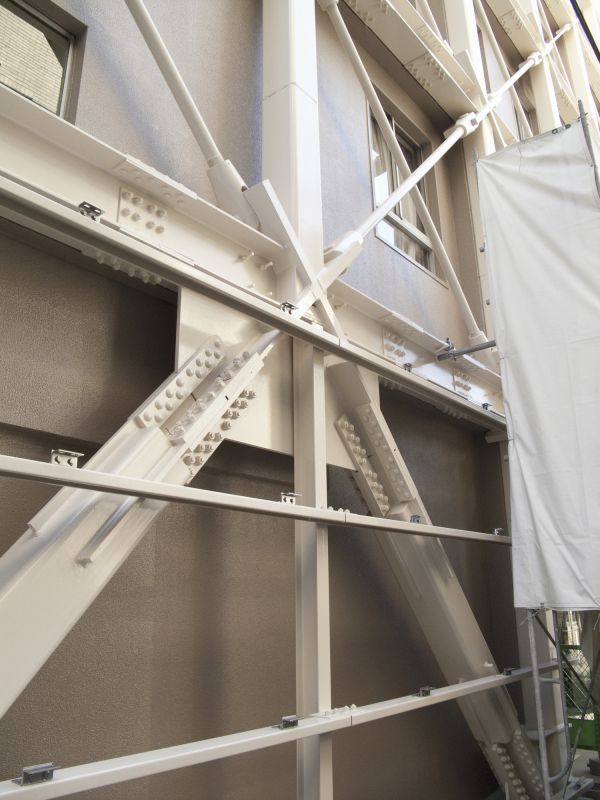
Strengthening structures to withstand severe weather.

High-end options that actually feel worth it for Storm Restorations.

Finishes and colors that play nicely with Storm Restorations.

Little measurements that prevent headaches on Storm Restorations day.

A 60-second routine that keeps Storm Restorations looking new.
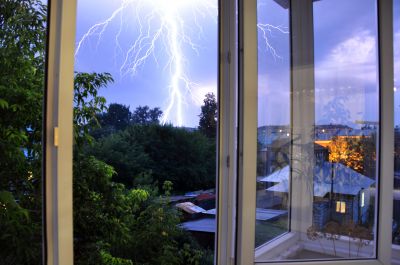
A frequent mistake in Storm Restorations and how to dodge it.

Small tweaks to make Storm Restorations safer and easier to use.

Lower-waste or water-saving choices for Storm Restorations.

The short, realistic tool list for quality Storm Restorations.
Individuals interested in storm restorations are encouraged to contact for detailed assessments and tailored solutions. Prompt action during the appropriate season can enhance property resilience and reduce potential future damages.

